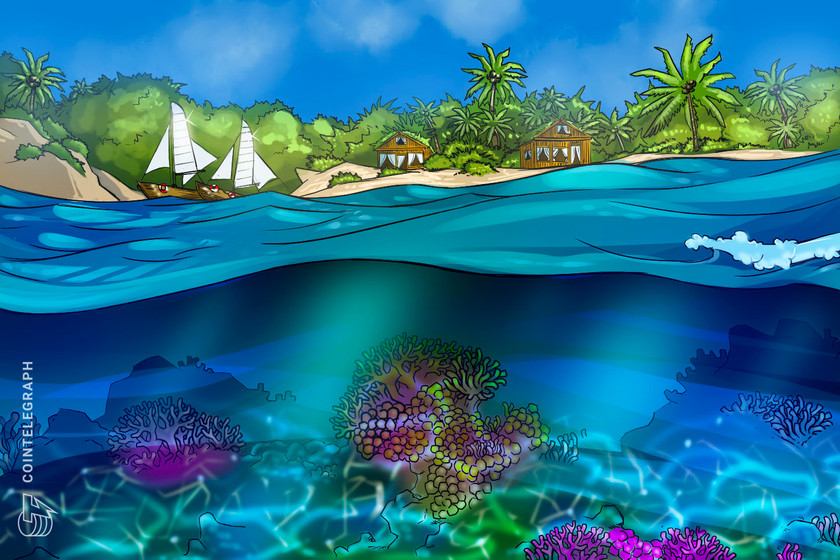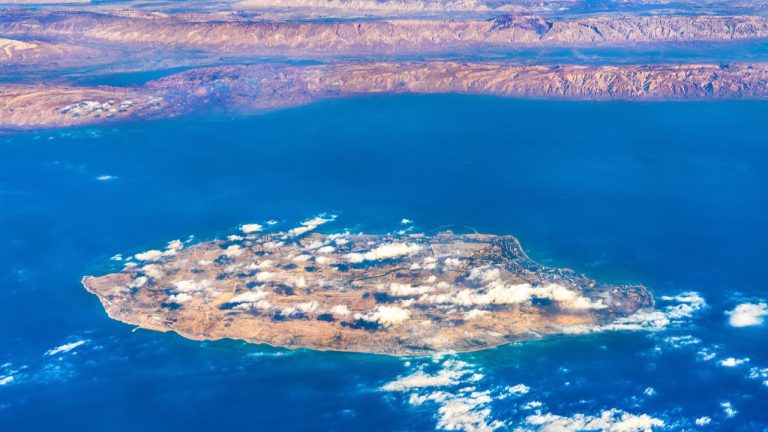
The U.S. dollar-pegged Palau Stablecoin was used by 168 volunteers for $100 of retail purchases in three months.
The first phase of the Palau Stablecoin (PSC) Program has been declared a success by the country’s Ministry of Finance. More work on the United States dollar-pegged national stablecoin is planned, with the goal of introducing the PSC on a national scale, according to a report released on Dec. 7.
The three-month PSC project was carried out with the participation of Ripple and used the XRP Ledger central bank digital currency (CBDC) platform. The Finance Ministry recruited 168 volunteers from among government employees, who were able to spend 100 PSC at participating local retailers. Both the volunteers and retailers responded positively to their experience using the PSC.
Purchases were made using a phone and a QR code or by manually inputting a wallet address. Only the retailers were able to redeem the PSC for U.S. dollars, which is Palau’s legal currency. The PSC was fully collateralized by $20,000 in “a Tier 1 Federal Deposit Insurance Corporation (FDIC) United States bank.”



















